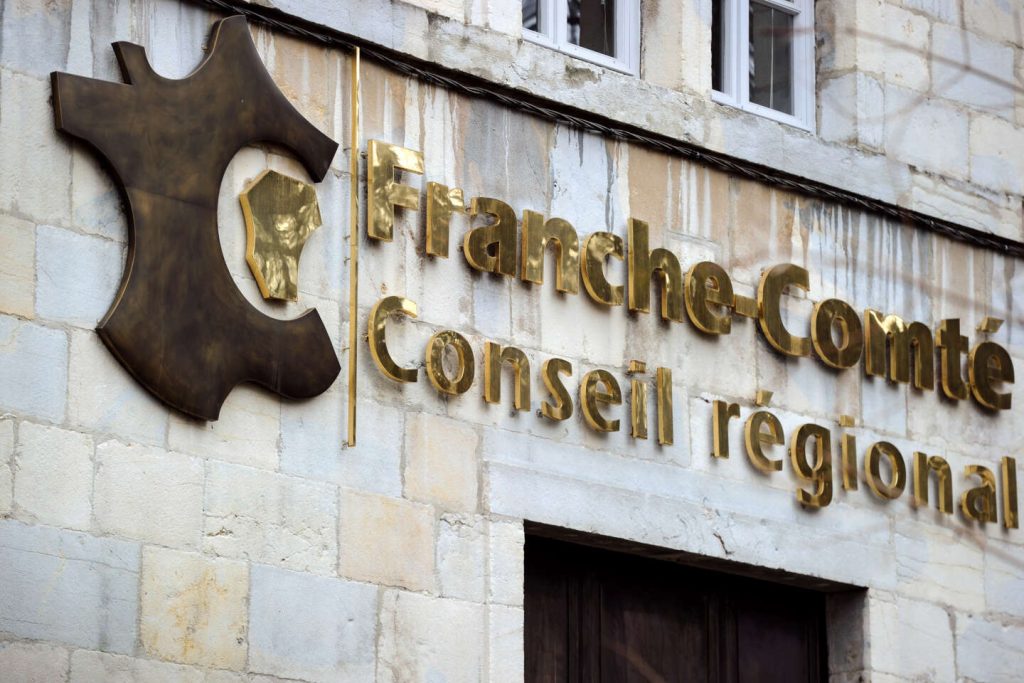The president of the Bourgogne-Franche-Comté regional council, Marie-Guite Dufay, announced her intention to file a complaint for “incitement to hatred” against members of the National Rally (RN) party who displayed xenophobic posters during a plenary session. Councilors from the RN party held up posters with the message “Foreign Rapists Out,” in support of members of an “identitarian feminist” group in Besançon. Dufay condemned the posters and the repeated linking of immigrants with rape as intolerable and announced her decision to take legal action against the perpetrators.
The incident occurred during a regional council session where Julien Odoul, RN group president, expressed his support for the women displaying the posters in the name of freedom of expression. Dufay later criticized an RN councilor for using a term borrowed from Nazi vocabulary, “Untermensch” meaning “sub-human.” The National Union of Journalists also condemned the group Nemesis for using photos and videos taken by journalists without permission or credit, describing it as a violation of copyright laws and an attempt to promote an odious ideology.
The collective Nemesis had previously displayed the same message at a carnival in Besançon, leading to a complaint filed by the mayor of the city. One of the members, a 19-year-old woman, was briefly detained for investigation on charges of inciting hatred or violence against a group of people based on their origin or perceived race. The RN’s support for this group and their actions sparked controversy both inside and outside the council chamber, with accusations of hate speech and inappropriate behavior.
The president of the regional council announced her intention to file a complaint with the prosecutor’s office and take legal action against the RN members for inciting hatred. The use of inflammatory language and imagery, such as the xenophobic posters, was deemed unacceptable in a democratic and inclusive society. The incident also raised concerns about the freedom of expression, with some defending the RN’s actions as a form of political speech, while others condemned it as promoting hate and discrimination.
The National Union of Journalists criticized both the Nemesis collective and the RN party for their handling of the media coverage of the incident, accusing them of copyright infringement and promoting a noxious ideology. The controversy surrounding the incident highlighted broader tensions in the region and the country over issues of immigration, nationalism, and freedom of speech. The legal actions taken by the regional council president and the criticism from media organizations underscored the importance of upholding ethical standards in public discourse and media coverage.


